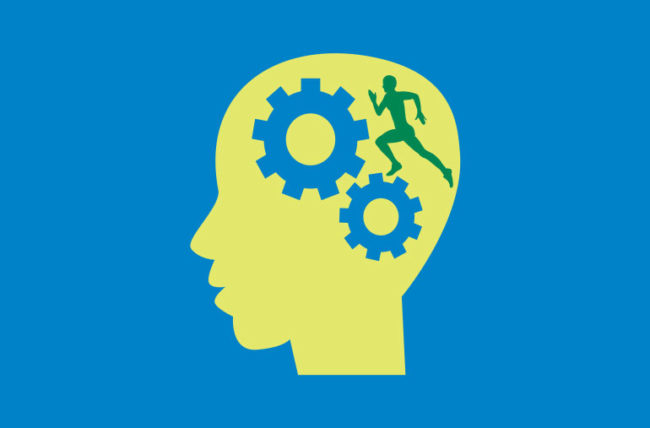A new form of liver-to-brain communication involving a protein known as Gpld1 may reflect similar beneficiary effects on cognitive health as physical exercise among older adults, according to a study published in the journal Science.
Among older adults, health professionals insinuate the beneficiary effects of physical exercise for cognitive health. However, some older adults, as a result of deteriorating disability or disease, may not be able to engage in physical activity.
The new findings point to a protein in the liver known as Gpld1, which may be responsible for the positive effects of exercise among older adults.
Researchers at the University of California, San Francisco declared those results by studying a sample of rodents. In their study, Gpld1 was increased in the blood circulation of the participants after strenuous workouts. The increased levels of Gpld1 correlated with improvements in cognitive performance, the research team determined, after weeks of testing with treatment intervention.
“Through this protein, the liver is responding to physical activity and telling the old brain to get young,” said Saul Villeda, co-author of the study.
“This is a remarkable example of liver-to-brain communication that, to the best of our knowledge, no one knew existed. It makes me wonder what else we have been missing in neuroscience by largely ignoring the dramatic effects other organs might have on the brain, and vice versa.”
Researchers are expected to conduct more research to better understand how Gpld1 produces its brain-enhancing effects through liver-to-brain communication.
“The lab is now working to better understand precisely how Gpld1 interacts with other biochemical signaling systems to produce its brain-boosting effects, in hopes of identifying specific targets for therapeutics that could one day confer many of the protective benefits of exercise for the aging brain,” the co-authors stated in a news release.


